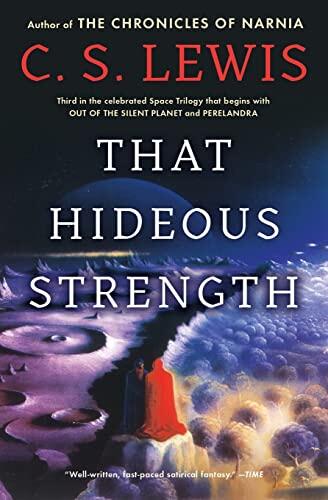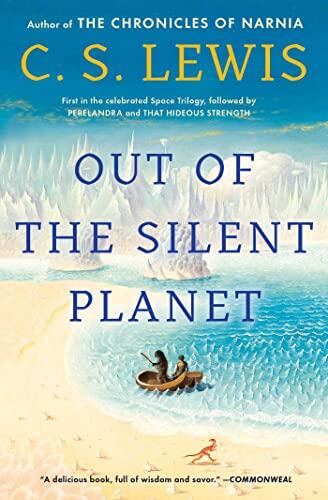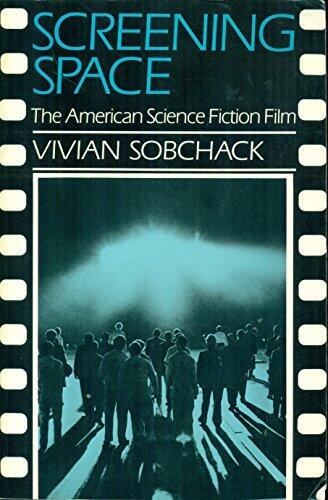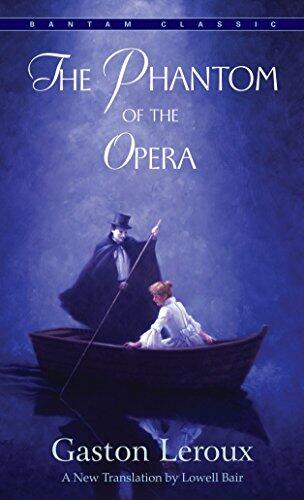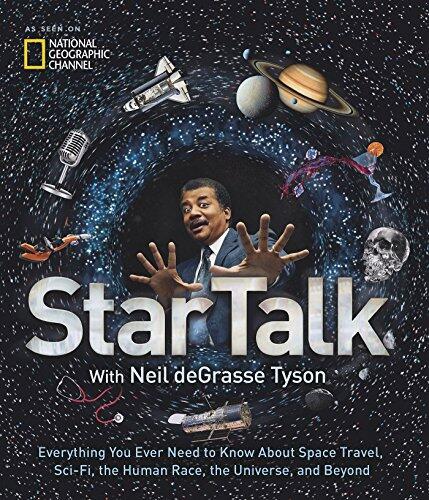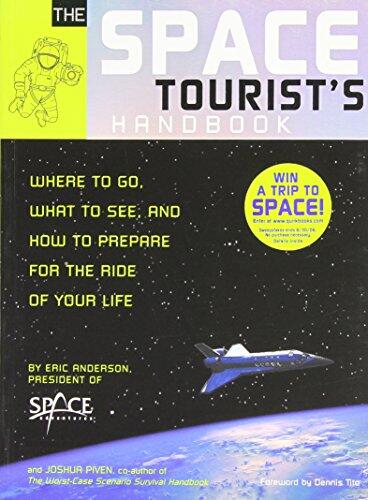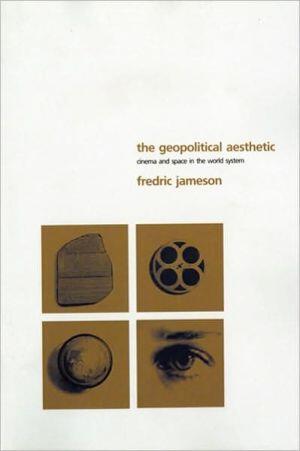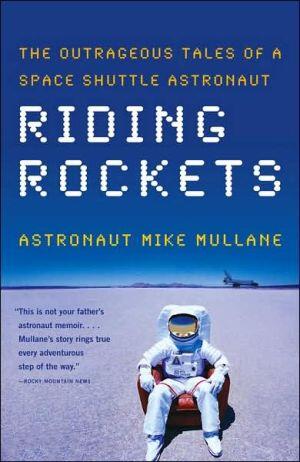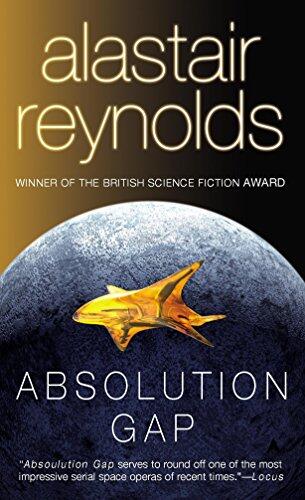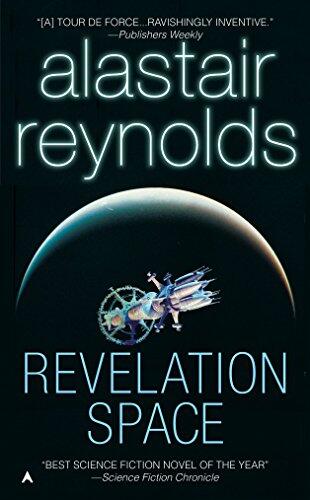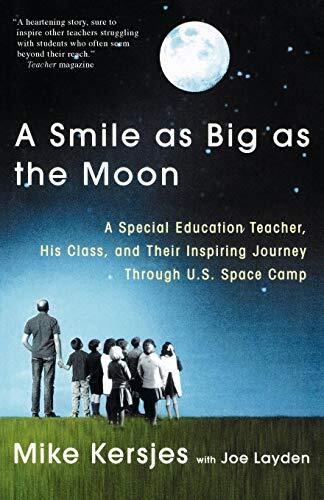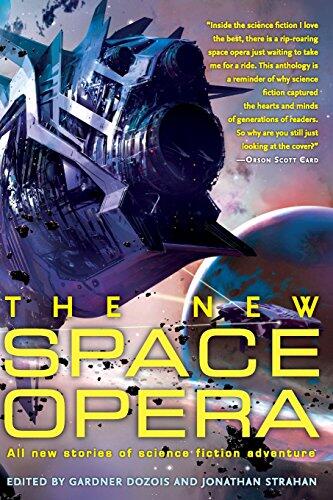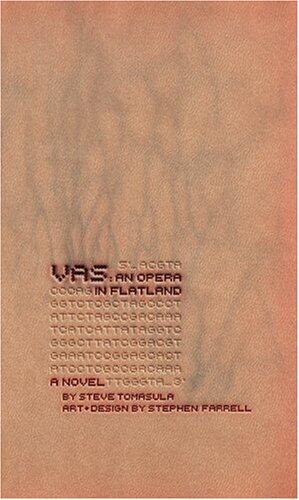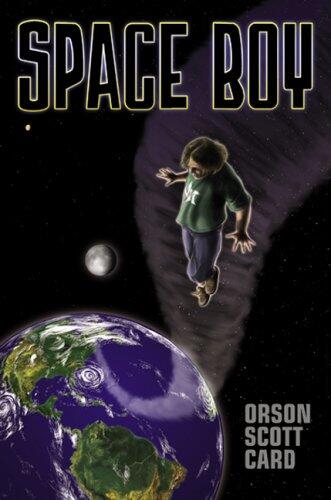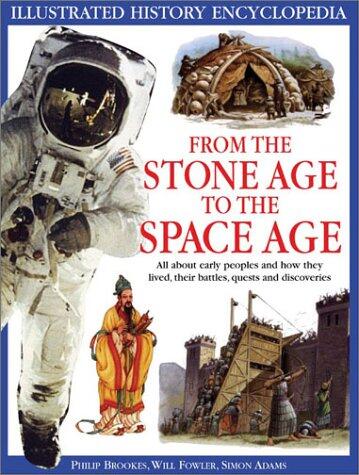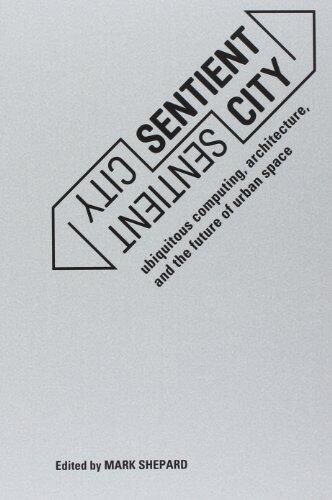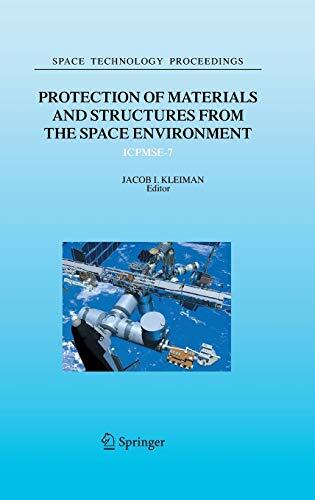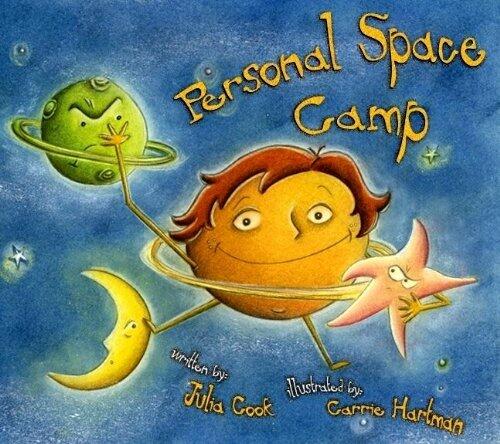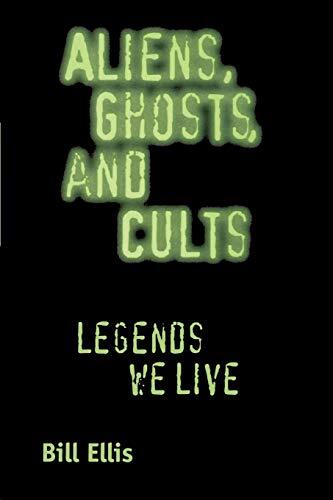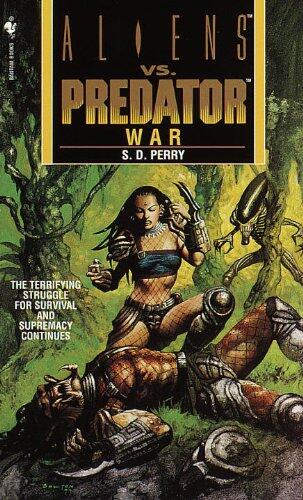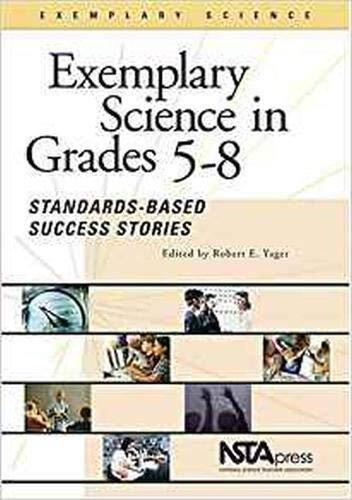
Exemplary Science in Grades 5-8: Standards-Based Success Stories
还没有评分
Science & Technology
格式
平装书
页数
237
语言
英语
已发布
Sep 30, 2005
出版商
National Science Teachers Association
版本
illustrated edition
ISBN-10
0873552628
ISBN-13
9780873552622
描述
This book presents a compelling collection of success stories that illustrate exemplary science education practices targeted at students in grades 5 through 8. It emphasizes the importance of aligning teaching methodologies with educational standards, showcasing real-life examples of innovative approaches that enhance student engagement and understanding of scientific concepts. Through a diverse array of narratives, it highlights the transformative potential of hands-on learning experiences and collaborative inquiry.
Robert E. Yager expertly navigates the challenges faced by educators in middle school science, offering inspiring solutions that not only captivate students but also cultivate critical thinking skills. The emphasis on standards-based education ensures that these stories are not just anecdotal; they serve as practical models for teachers seeking to elevate their classroom practices. The book illustrates how meaningful assessments and curriculum designs can positively impact student learning outcomes.
Readers will find value in the actionable strategies that are presented alongside the stories, as they provide a framework for educators striving to implement high-quality science instruction. By promoting an environment where exploration and curiosity thrive, this book ultimately champions the need for progressive teaching methods that resonate with young adolescents and prepare them for future scientific endeavors.
Robert E. Yager expertly navigates the challenges faced by educators in middle school science, offering inspiring solutions that not only captivate students but also cultivate critical thinking skills. The emphasis on standards-based education ensures that these stories are not just anecdotal; they serve as practical models for teachers seeking to elevate their classroom practices. The book illustrates how meaningful assessments and curriculum designs can positively impact student learning outcomes.
Readers will find value in the actionable strategies that are presented alongside the stories, as they provide a framework for educators striving to implement high-quality science instruction. By promoting an environment where exploration and curiosity thrive, this book ultimately champions the need for progressive teaching methods that resonate with young adolescents and prepare them for future scientific endeavors.
